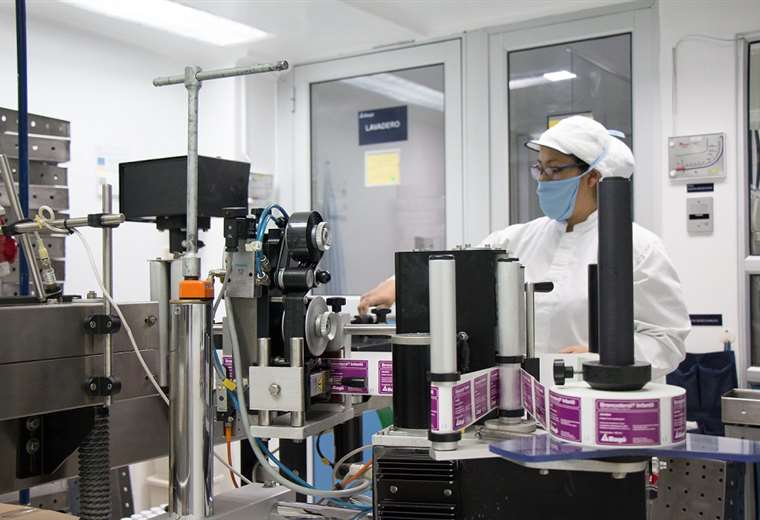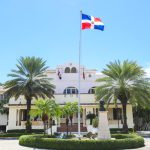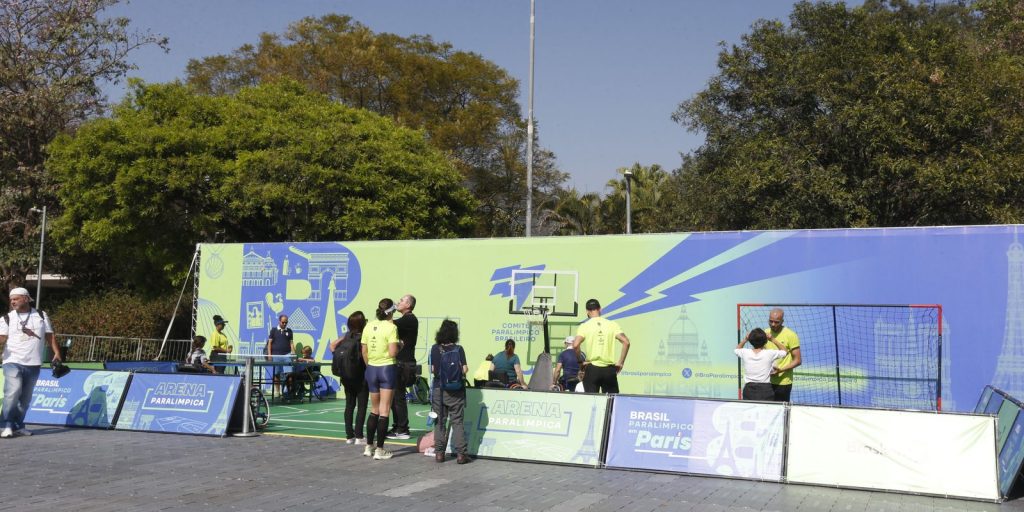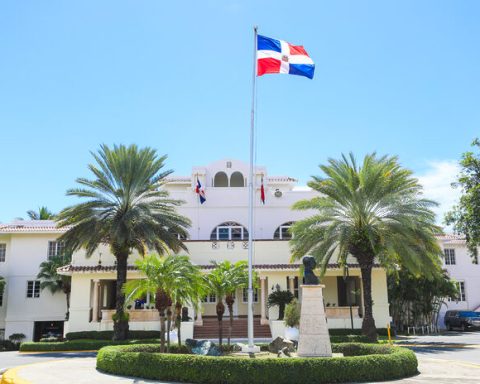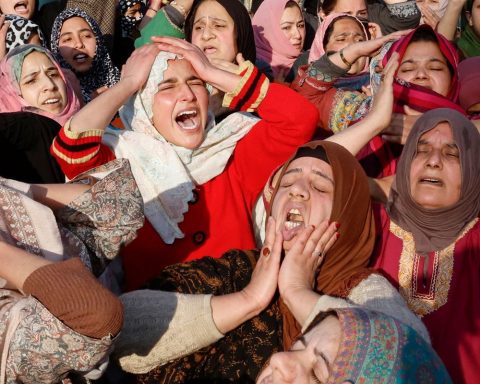August 31, 2024, 1:36 PM
August 31, 2024, 1:36 PM
The recent approval of Supreme Decree 5210, which establishes zero tariffs for the import of raw materials and supplies used in the manufacture of medicines, has been received as a positive sign by the pharmaceutical industry, but it still does not resolve the lack of dollars. The general manager of Laboratorios Bagó de Bolivia, María Reneé Centellas, said that, although the measure will allow a modest reduction in the operating costs of companies, its impact will be limited.
Centellas highlighted that the elimination of the tariff rate, which previously ranged between 10% and 15% for the importation of supplies destined for the pharmaceutical industry, represents an important step forward and a relief for the sector. However, he stressed that the most significant problem The lack of access to foreign currency remains, which makes bank transfers more expensive by up to 60%.directly affecting the cost of raw materials.
“This decree benefits us, given that, on average, only 25% to 30% of our total imports already had a zero tariff due to binational agreements with some countries. The rest were subject to a tax that fluctuated between 10% and 15%. “Therefore, if this fluctuation is reduced to zero, it is a partial help,” Centellas explained.
However, the executive emphasized that the main challenge lies in the shortage of foreign currency, which increases the direct cost of raw materials and imported inputs, because the price set by the supplier must be added to an additional percentage for the cost of the bank transfer.
“We applaud this measure by the Government to eliminate tariffs, but also We hope that the needs of the pharmaceutical sector will be met “In terms of access to the required foreign currency, as was done a few months ago,” concluded the general manager of Laboratorios Bagó Bolivia.
